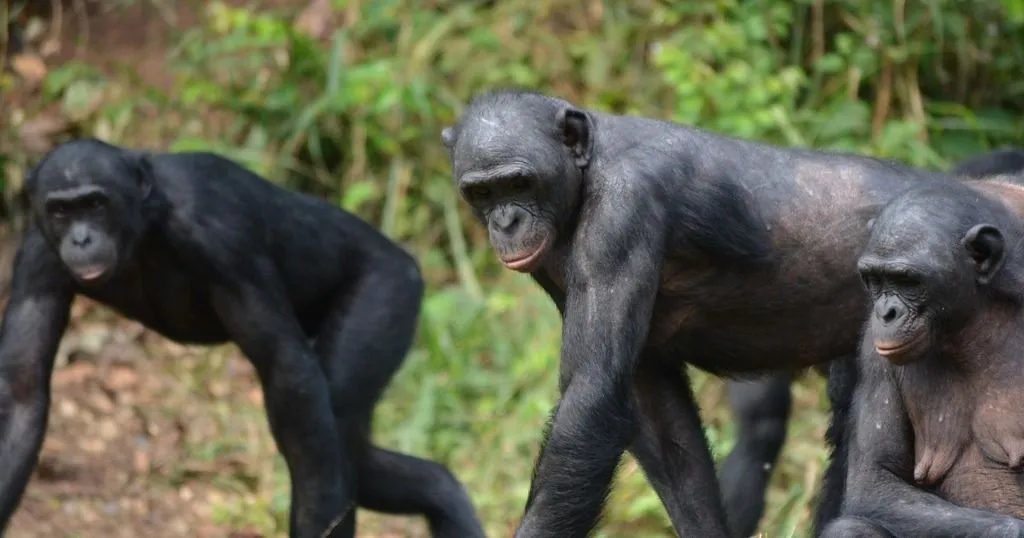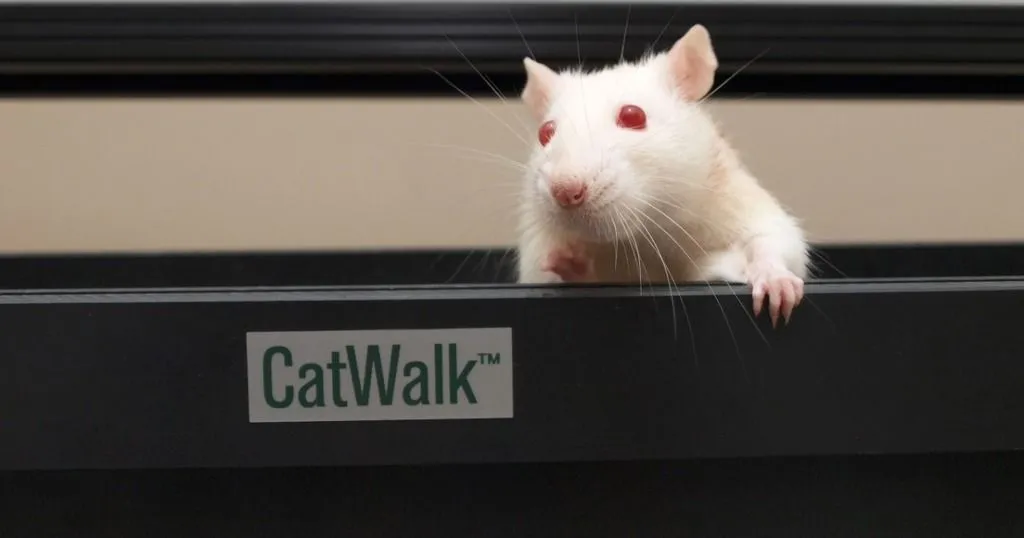Behavioral Research Blog

04 Jun
animal behavior research
Social Behavior
Bonobos not always as tolerant as generally believed: the plot thickens…
In Planckendael Wild Animal Park (Belgium), researchers have been observing a group of bonobos and have found that the differences between chimpanzees and bonobos are not always as black and white as generally believed.

20 May
human behavior research
Emotion
The man in the maze: A behavioral science journey into consumer studies
As a researcher, one of my biggest thrills was being able to predict how someone was going to behave, especially without asking him or her.

07 May
animal behavior research
Anxiety, Depression and Fear
A new method to evaluate if dogs are suitable for IED bomb detection
Margaret Gruen and her colleagues recently investigated a new method to assess sound induced fear and anxiety in candidate IED-detection dogs – specifically, Labrador retrievers.

23 Apr
animal behavior research
Alzheimer’s and Parkinson’s
Alzheimer's: prevent instead of cure?
Alzheimer’s disease (AD) is a huge public health issue as it affects a large part of the aging population. Neuropathology is studied primarily in the end stages of the disease. What about prevention?

21 Apr
animal behavior research
Other (Animal)
Prof. Berry Spruijt says goodbye (but not really)
Prof. Dr. Berry M. Spruijt recently retired from his position at Utrecht University. I had the honor of attending the symposium that was organized to reflect on and celebrate his career.

20 Apr
human behavior research
Healthcare
Does the sex of a simulated patient affect CPR?
When faced with either a male or female patient simulator, both men and women rescuers appeared reluctant to remove a female patient simulator’s clothing.

17 Apr
animal behavior research
Other (Animal)
Which head and neck positions are stressful for your horse during lunging?
Being a horse owner and a Noldus employee is the perfect combination when it comes to keeping track of the scientific background for my horseback riding hobby.

15 Apr
animal behavior research
Gait and Locomotion
Gait research: let your animals walk freely
Researchers use different ways to analyze gait in animals. In what instances would a study benefit from a system that is based on voluntary walking?
10 Apr
animal behavior research
Other (Animal)
Video-tracking the effect of influenza infection on ferrets
Ferrets are the ideal animal model to assess influenza virus infection and pathogenicity as they display similar clinical symptoms to humans such as sneezing, fever and lethargy.

25 Mar
human behavior research
Psychology
Behavior and emotions of older adults
Can TV footage motivate older persons to start being more active? Being active can improve the overall health of a person (65+ but of course also 65-!).